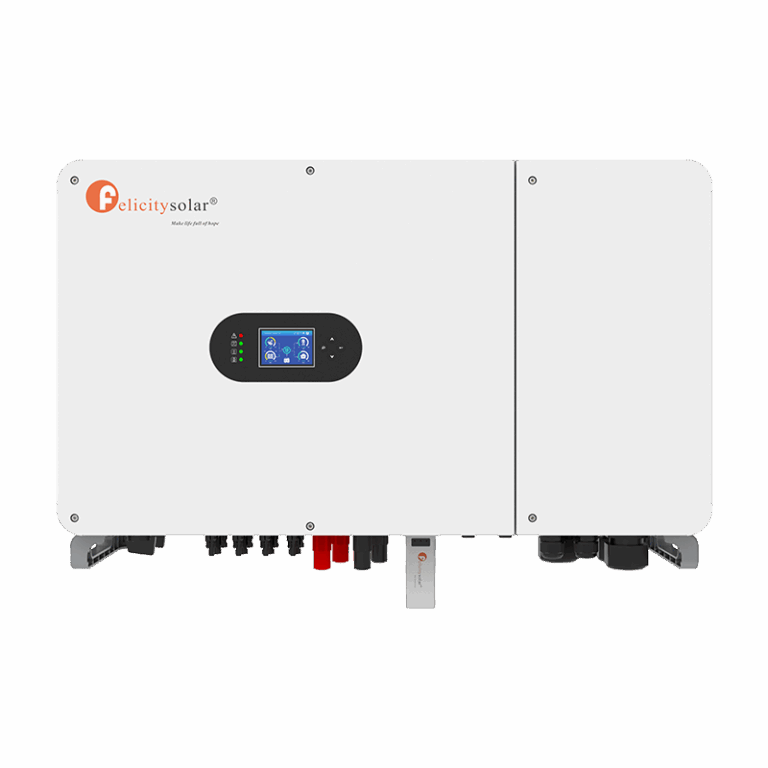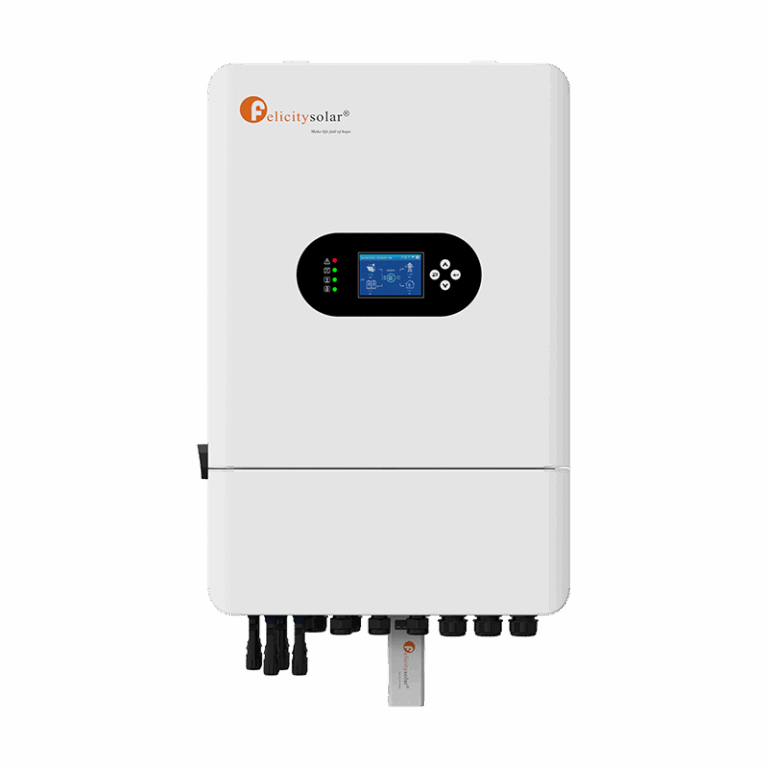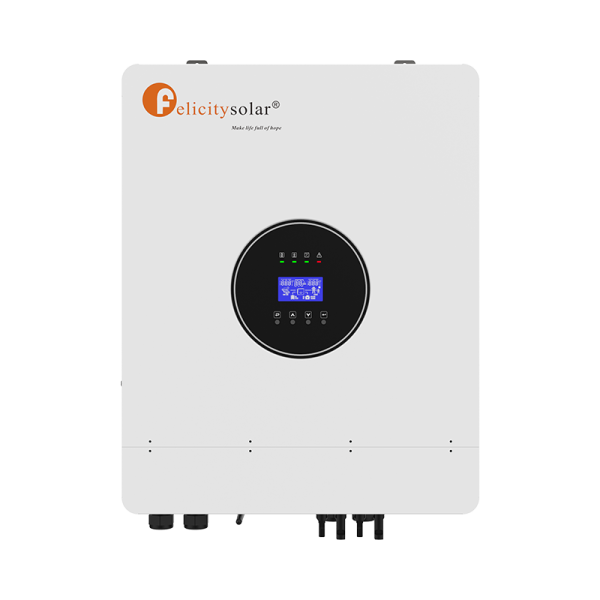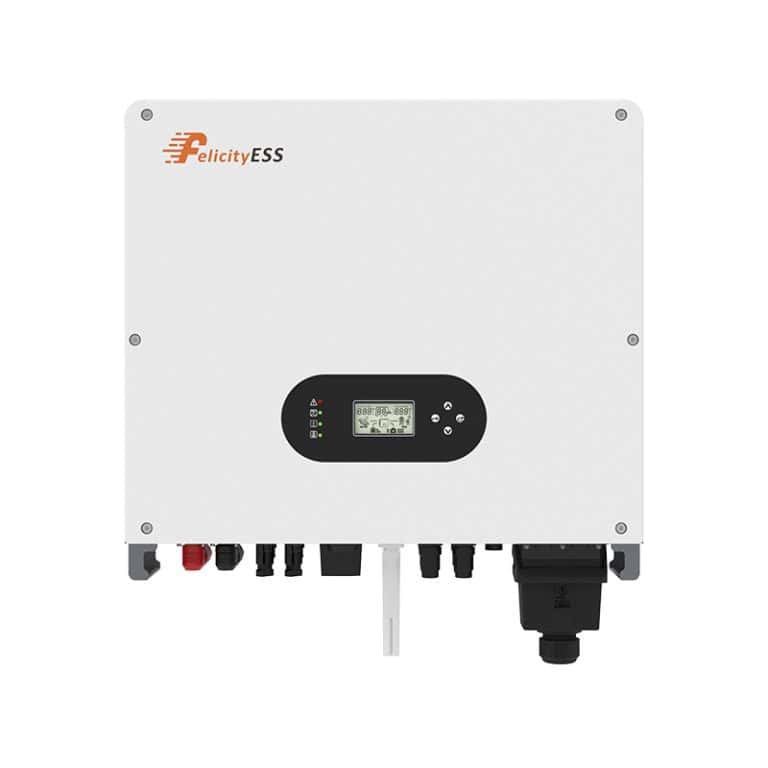LiFePO4 Batteries, or lithium iron phosphate batteries, have gained widespread recognition for their impressive durability, efficiency, and reliability. With advancements in energy storage solutions, these batteries are being adopted in diverse fields such as solar energy systems, electric vehicles, and marine applications. But how long do these batteries truly last, and what makes them stand out compared to other energy storage options?
Expected Lifespan of LiFePO4 Batteries
One of the most remarkable features of LiFePO4 batteries is their extended lifespan. These batteries can endure between 2,000 and 5,000 charge cycles, which translates to approximately 5 to 10 years—or even longer—depending on the depth of discharge and operational conditions. By comparison, traditional lead-acid batteries last only 300 to 500 cycles, making LiFePO4 batteries a far superior choice for longevity. Some high-quality models even reach up to 6,000 cycles with proper maintenance.
Key Factors Affecting Longevity
The longevity of LiFePO4 batteries isn’t just inherent; it’s also influenced by external factors:
- Depth of Discharge (DoD): Frequently draining the battery to its full capacity can shorten its lifespan. To maximize life, try to keep the DoD around 80%.
- Temperature Control: LiFePO4 batteries perform best within a safe temperature range of -4°F to 140°F (-20°C to 60°C). Prolonged exposure to extreme cold or heat can degrade their performance.
- Charging Practices: Overcharging or undercharging can compromise battery life. Ensure that you use a compatible battery management system (BMS) to regulate voltage and current.
- Maintenance and Storage: Unlike lead-acid batteries, LiFePO4 units require minimal upkeep. However, storing them in a dry, cool place when not in use is essential for preserving their longevity.

How to Choose Long-Lasting LiFePO4 Batteries
When it comes to selecting LiFePO4 batteries that stand the test of time, a little research and attention to detail can make a huge difference. Here are key factors to consider:
- Battery Capacity and Cycle Life: Look for batteries with a high cycle life rating, ideally exceeding 3,000 cycles. This specification is a good indicator of durability.
- Brand Reputation and Warranty: Choose reputable brands with positive customer reviews and strong warranties. A warranty of 5 years or more typically signals a reliable product.
- Advanced Battery Management System (BMS): A high-quality BMS protects the battery against overcharging, over-discharging, and overheating, which are critical for extending its lifespan.
- Application-Specific Features: Select batteries tailored to your specific needs. For example, if you’re using them in an RV or off-grid solar setup, ensure they have robust performance in varying conditions.
- Compliance and Safety Standards: Ensure that the batteries meet international safety certifications like CE, UL, or UN38.3. Certified batteries are often manufactured with better quality control.
- Energy Density and Weight: For portable or mobile applications, consider lightweight batteries with high energy density to maximize convenience without compromising longevity.
- Temperature Tolerance: If you plan to use the batteries in extreme environments, opt for models designed to handle a broader temperature range.
Why Long-Lasting Batteries Matter
The extended lifespan of LiFePO4 batteries offers numerous advantages, particularly in applications that require reliability and long-term cost savings. For example:
- Cost-Effectiveness: While the initial investment in LiFePO4 batteries is higher than that of lead-acid alternatives, their durability means you’ll replace them far less often, ultimately saving money.
- Environmental Benefits: A longer lifespan equates to reduced waste. LiFePO4 batteries are also known for being non-toxic and environmentally friendly.
- Consistent Efficiency: Unlike many battery types, LiFePO4 maintains a stable energy output throughout its life, ensuring reliable performance over time.
Conclusion
LiFePO4 batteries are undeniably the frontrunners in modern energy storage solutions. Their unparalleled cycle life, paired with their efficiency and environmental benefits, makes them a worthy investment for both personal and industrial use. By following best practices for usage, charging, and storage—and selecting high-quality models—you can ensure your LiFePO4 battery serves you well for many years, ultimately maximizing your return on investment.
Are you ready to invest in energy storage that truly lasts? With proper selection and care, LiFePO4 batteries can be your long-term solution for reliable power.







